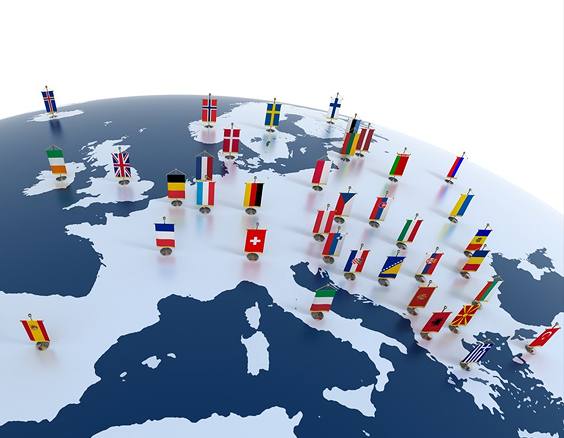September 22, 2020
Harald Müller

Could the European Union (EU) play a constructive role at the Tenth Review Conference (RevCon) of the Treaty on the Non-proliferation of Nuclear Weapons (NPT) to help overcome the rifts in the treaty community on the issue of disarmament? Over the course of the NPT’s history, the EU’s influence in the review process rose from nil to significant, and even once approached what Harald Müller calls “the ideal role”—to provide compromise language found through its internal debates and negotiations, which then serves as a middle position around which the divided NPT community could converge.
In this comprehensive and insightful essay, prepared for the CNS Working Group on New Approaches to Disarmament, Harald Müller examines the history of the EU within the NPT review process and the current situation, and offers substantive recommendations for the Tenth RevCon: recalling the common ground; remembering the basic objective of the NPT (the prevention of nuclear war); and emphasizing the close relation between nonproliferation, peaceful uses, and disarmament.
The paper also offers three options for an EU disarmament approach, ranked along their probable feasibility: a status quo consensus reflecting previously adopted language; respectfully agreeing to disagree on the Treaty on the Prohibition of Nuclear Weapons; and addressing the security environment, as it has in the most recent General Assembly First Committee and the Third Preparatory Committee meeting of 2019.
“This paper,” Professor Müller writes, “is not meant to be predictive, but presents a search for possible positive actions in a difficult situation. Though such possibilities exist, but putting them into practice would require policy adjustments on all sides of a polarized debate.”
Harald Müller is a professor emeritus of International Relations at Goethe University Frankfurt, former executive director and presently senior associate of Peace Research Institute Frankfurt (PRIF), and a principal investigator and supervisor in the Charles University’s Peace Research Center Prague.
